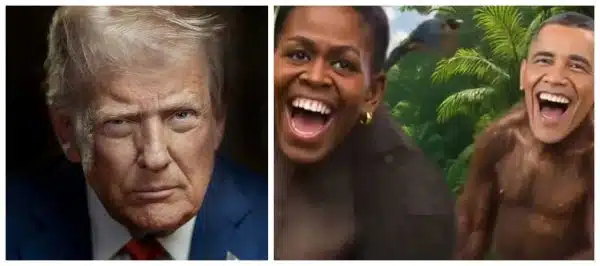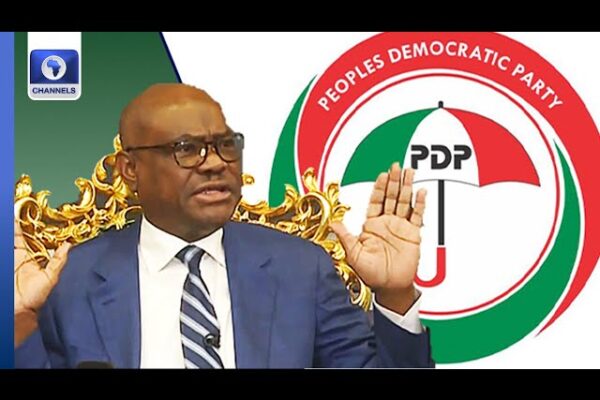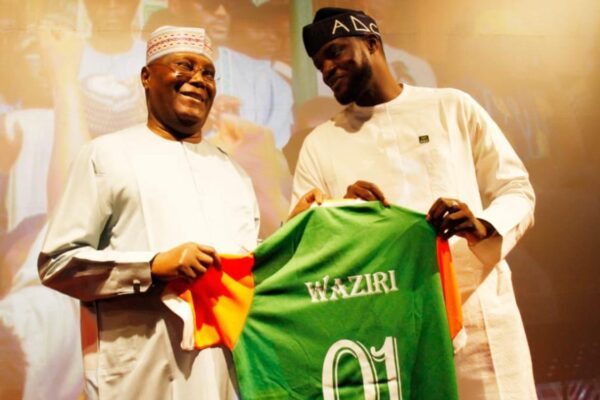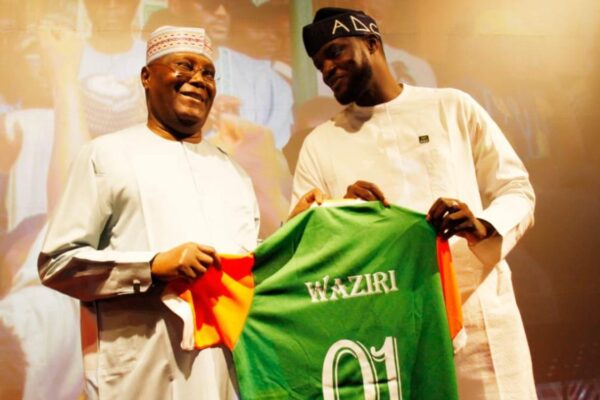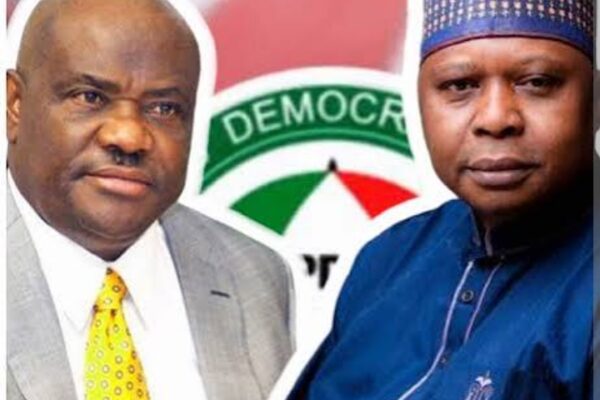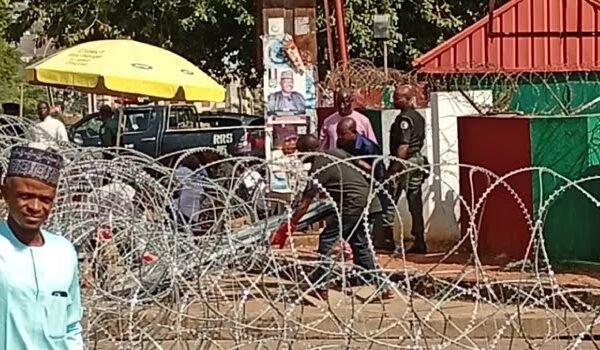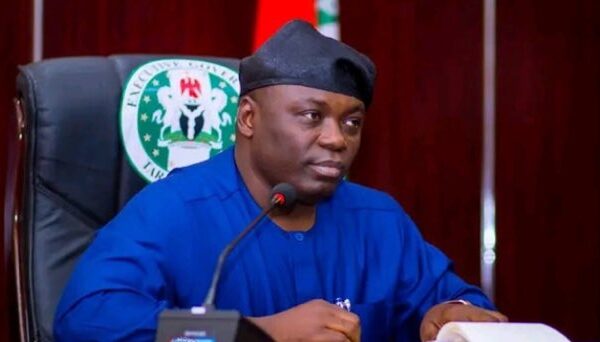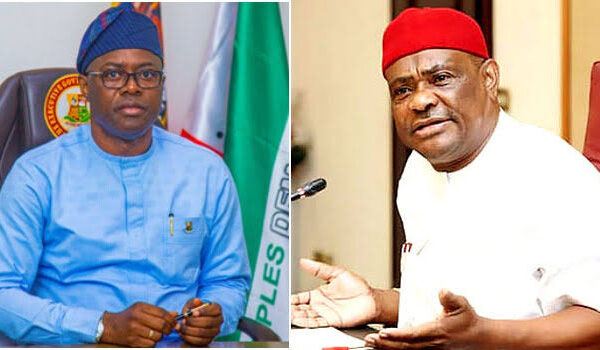
Chelsea vs Arsenal: Premier League Showdown Set to Shape Title Race
The Premier League’s most anticipated clash of the season takes place on Sunday as leaders Arsenal travel to second-placed Chelsea in a match that could transform the title race — or push the Gunners closer to ending their two-decade wait for a league crown. Arsenal hold a six-point advantage at the top heading into the weekend. With Liverpool collapsing in form and Manchester City struggling to keep pace, the title appears increasingly within Arsenal’s grasp. Chelsea, however, remain their closest challengers. Fresh off winning the FIFA Club World Cup and boasting a squad assembled at a cost exceeding $1bn, Enzo Maresca’s youthful side is pushing well ahead of expectations. The Blues head into the derby on a three-match winning run and have won nine of their last 11 matches in all competitions, losing only once. Arteta’s side is unbeaten in 16 matches across all competitions, winning 14 of them. Widely regarded as one of the strongest squads in Europe, Arsenal have shown consistency that has escaped their main rivals. Arteta: Chelsea “fully deserve” their spot Despite Chelsea being labelled outsiders for the title, Mikel Arteta is not buying into that narrative. “They are there because they fully deserve to be,” Arteta said on Friday. “The squad they have assembled, the quality they have, the numbers they’re producing — it makes sense. They’re very tough.” Arteta called Chelsea one of the teams he most enjoys watching due to their fluidity, individual brilliance and tactical clarity. “It’s a big London derby. They’re in really good form. We know the challenge — and the opportunity — on Sunday. We are fully ready.” Are Chelsea Arsenal’s biggest threat? This match represents the most difficult test yet for Chelsea’s title aspirations. Eighteen-year-old Brazilian sensation Estevao, with nine goals in his last 13 appearances for club and country, has been a revelation. His arrival from Palmeiras has added dynamism and unpredictability to Chelsea’s attack. With Liverpool in crisis — having lost nine of their last 12 matches — and Manchester City’s inconsistency continuing, Chelsea appear the only team capable of sustaining a push against Arsenal. City, however, could climb temporarily into second place if they defeat Leeds United on Saturday. Recent history After finishing runners-up for three consecutive seasons, optimism is building that Arsenal may finally reclaim the trophy. Chelsea’s last match Chelsea delivered one of their best performances of the season on Tuesday, beating Barcelona 3–0 in the Champions League. Maresca, in his second Premier League campaign, continues to blend youthful talent with an evolving tactical identity. Sunday’s encounter at Stamford Bridge now stands as a pivotal moment in the Premier League narrative — one that could define the season’s closing months.

